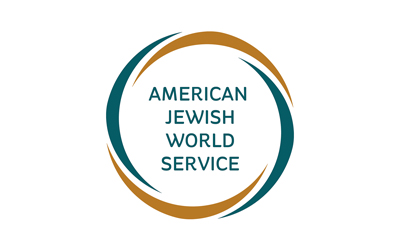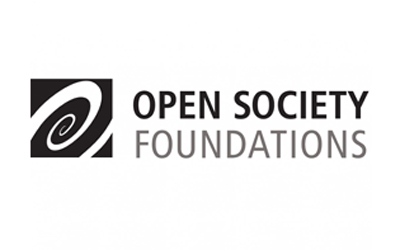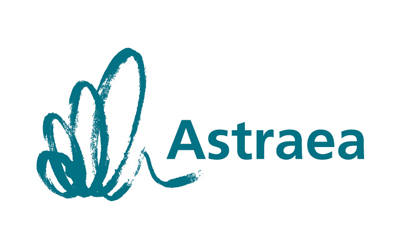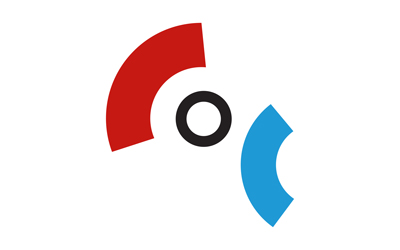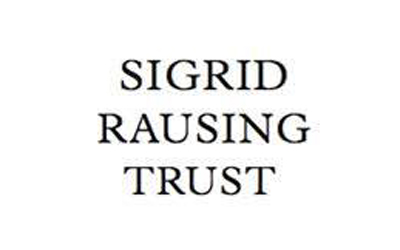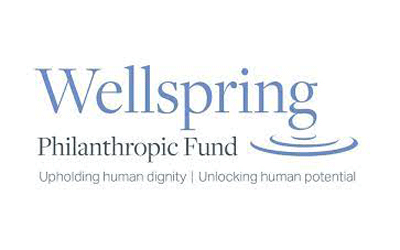What we do
Who We Are
SIPD advocates, mediates and provides services for intersex people also known as intersex people throughout Uganda.
The objectives are: To advance intersex people’s rights through national legislation, service provision for intersex people and their families. To create intersex workshop/discussions and collaborate with various organisations in Uganda and elsewhere to more specifically address the sexual and reproductive health and rights of intersex and gender non-conforming people.
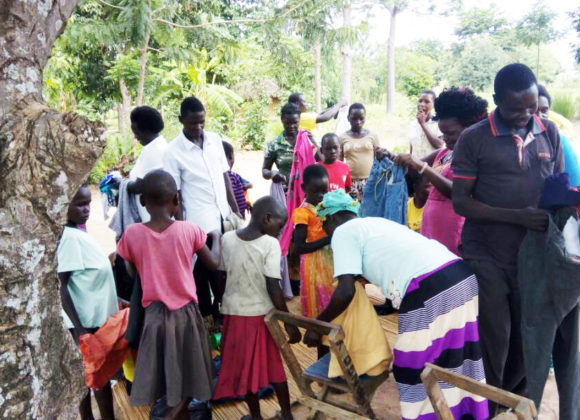
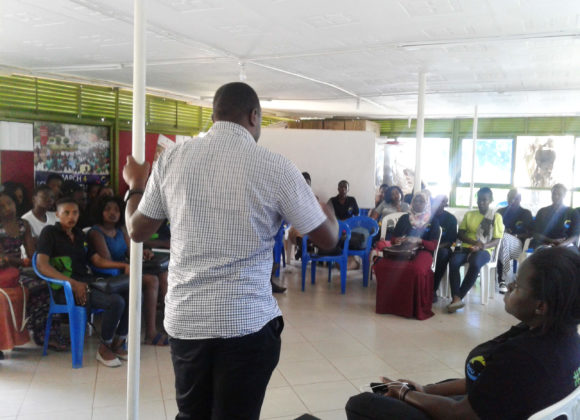
Differences of Sex Development or Intersex
What does it mean?
DSD or intersex is a general term for being physically or physiologically between male and female. Intersex people are born with sex differentiation which makes anatomy of their bodies a typical and their identity indistinct. For many, it is at the chromosomal level, for others, it is at the hormonal level, and for the most obvious ones, it is at genital level. Many intersex infants are born with ambiguous sex characteristics and cannot be clearly classified as male or female at birth. Inter-sexuality can have many different causes.
DSD or inter-sexuality is not uncommon
The prevalence of intersex people worldwide maybe higher than 1 in 500 people, making it critically important that people can access support and information on subject.

